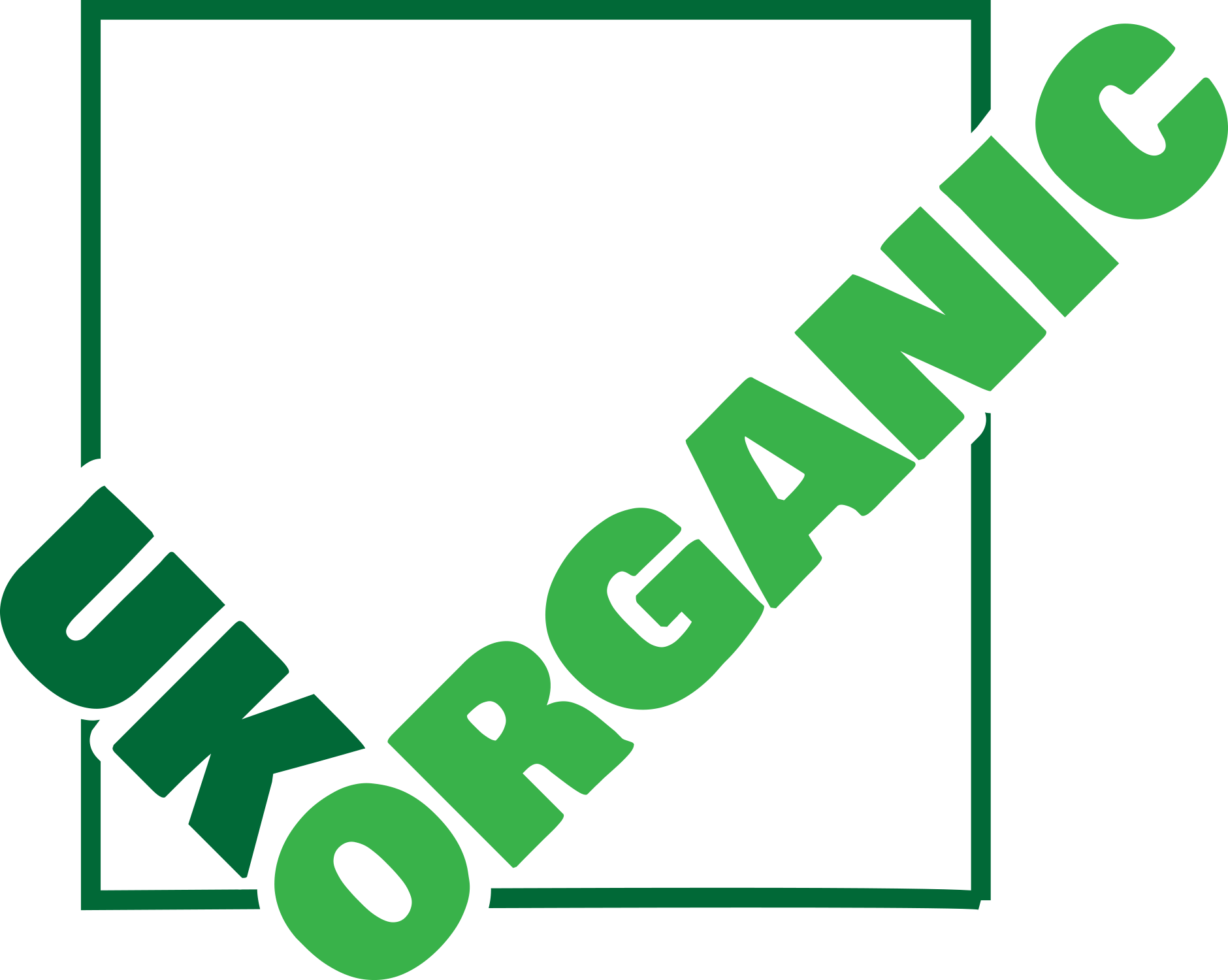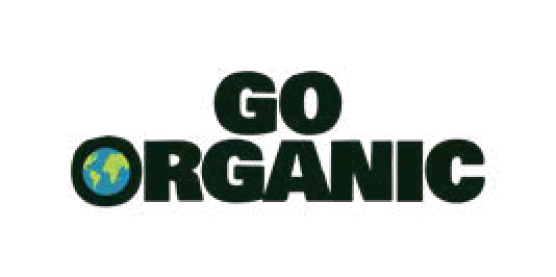Rookery Farm, owned and operated by Rupert Langmead and Robyn Rees is based on the coast of West Sussex in a part of Southeast England that has been farmed by their family for over 130 years. The farm covers 150-acres and has produced organic, free-range eggs since it converted to organic in 1998.
Their reasons for turning to organic were two-fold. Rupert primarily wanted to convert for environmental reasons; he was aware that organic farming was much less impactful on the environment than non-organic and wanted to be part of the solution. Another reason was the commercial aspect – small farm and free-range eggs were becoming more popular in the UK, so Rupert and Robyn realised that they would have to become more specialised to carve out a niche for themselves. Initially they supplied a major “packer” ( Stonegate Eggs) on a Waitrose specification alongside their own brand sales, but as time went on it became increasingly difficult to stay independent and do both. And so now, all their eggs are marketed under their own brand of Rookery Farm Eggs, thus remaining completely independent, a characteristic that they are determined to retain in order to keep doing things in a more traditional way.
Hens & Eggs

Happy hens on Rookery Farm
The foundation of their organic egg business is based around Lohman Browns, which are a hybrid breed of Rhode Island Reds. The hens are fed a balanced diet of mainly wheat, sunflower, peas, soya, full fat soya, maize, maize gluten, alfalfa and limestone sourced from a registered organic feed mill – all organic and GM free.
Rupert and Robyn take a slightly different approach to the vast majority of other British and EU organic and free-range farms, an example of which is their use of mobile hen houses. This method enables them to rotate the whole hen house to a fresh piece of pasture when a new flock arrives.
In addition to the hybrid breeds, about six or seven years ago the farm made the decision to introduce more traditional breeds to provide a new type of egg – ‘Rookery Organic Specials’. The traditional breed flock is made up of Marans, larger black birds which lay the deep chocolate brown eggs, Blue Cheshires, which lay baby blue eggs and Russets, which lay green eggs.
What’s Next?

As with many businesses, the pandemic has had a significant impact on Rookery Farm, not least because a large number of their eggs were sold directly into food service. As a result, they have decided to reduce the number of eggs produced to ensure that all eggs are sold, and nothing goes to waste.
Rupert and Robyn have recently added six new cows with a view to implement environmental grazing. The cows are Dexter crossed Mini-Hereford and have been a welcome addition to the farm. The plan over the next few years is to work on increasing the environmental management of the farm as a whole and they are currently looking into assessing the farm’s Carbon Footprint. With the ethos that food production can be a part of rewilding the British land, Rookery Farm are determined to keep making a positive impact on their patch of land.
Where to buy
If you’re in the local area, you can stop by the farm and pick some up at the shop counter. If not, you can use their handy ‘Egg Finder’ – just pop in your postcode and the closest shops to you will come up. Or, if you’re in London, you can find them at either Notting Hill or South Kensington’s Farmer’s Markets.



